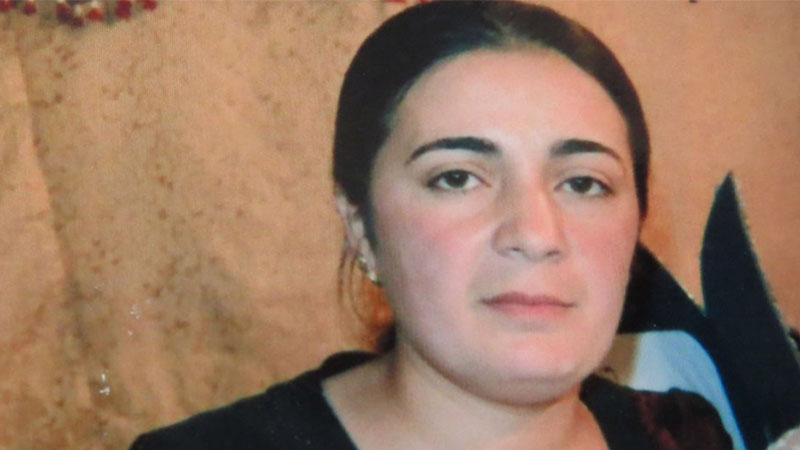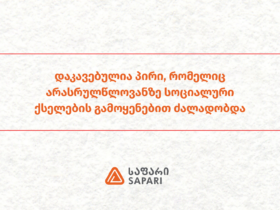Geneva (November 11, 2021) – The UN women’s right committee has found that Georgia’s failure to investigate and prosecute gender and honor-based violence against a woman, who was severely beaten by family members in front of her young children, contributed to her death.
In a statement released today, the Committee on the Elimination of Discrimination against Women (CEDAW) expressed concern over the failure of the Georgian government to arrest and prosecute Khanum Jeiranova’s family members, who had beaten her senseless, and their decision to return her to her relatives. She was subsequently found dead.
The Committee issued its findings after considering the complaints of Jeiranova’s two children, who were 11 and 7 years old when their mother died.
Jeiranova, an ethnic Azerbaijani and a Georgian citizen, was accused of having an extramarital affair by the husband’s relatives. On September 16, 2014, she was attacked by three relatives of her husband, who dragged her across the village and beat her so severely that she lost consciousness several times.
That night, the village governor and police officers were called to the victim’s father’s home, where they were met by a crying woman who was asking for help because family members were forcing her to poison herself with rat poison. Neither the relatives were arrested nor the woman was taken to the hospital. That night the village governor took the woman away from the family, but returned her to her mother in the morning. The next day Jeiranova’s mother found her dead: her body was hanging on a rope in a garden shed.
The mullahs who prepared her body said her clothes were covered in blood and according to a witness, she had been “beaten to death.”
However, police did not conduct a forensic medical examination on the spot after the family refused to allow it.
An investigation was launched, but the case was soon closed. The prosecutor’s office concluded that the victim had committed suicide, according to them, due to her “shameful” and “dishonorable” behavior.
Ms. Jeiranova became a victim of intersecting discrimination based on ethnicity and stereotypical attitudes of the police and the judiciary” – said Genoveva Tisheva, a member of the committee. “If the Georgian authorities had properly protected Ms. Jeiranova from gender-based violence, she would have been alive today,” she added.
The Committee found that Georgia had failed to provide effective protection and had not taken all appropriate measures to eliminate discrimination against Jeiranova. The Committee also concluded that Georgia had violated its obligation to investigate and punish those responsible for the attack and death of the victim.
The committee urged Georgia to conduct a prompt, thorough and independent investigation into Jeiranova’s death and to punish those responsible. It requested Georgia to provide appropriate reparation, including the payment of adequate compensation, and an official apology to Ms. Jeiranova’s children. The Committee called on Georgia to ensure that all legislation, policies and measures related to domestic violence also include honor-based violence. In addition, the Committee asked the State party to strengthen measures to ensure women’s right to life and freedom from torture, and to focus on isolated, closed communities where honor-based norms apply.






